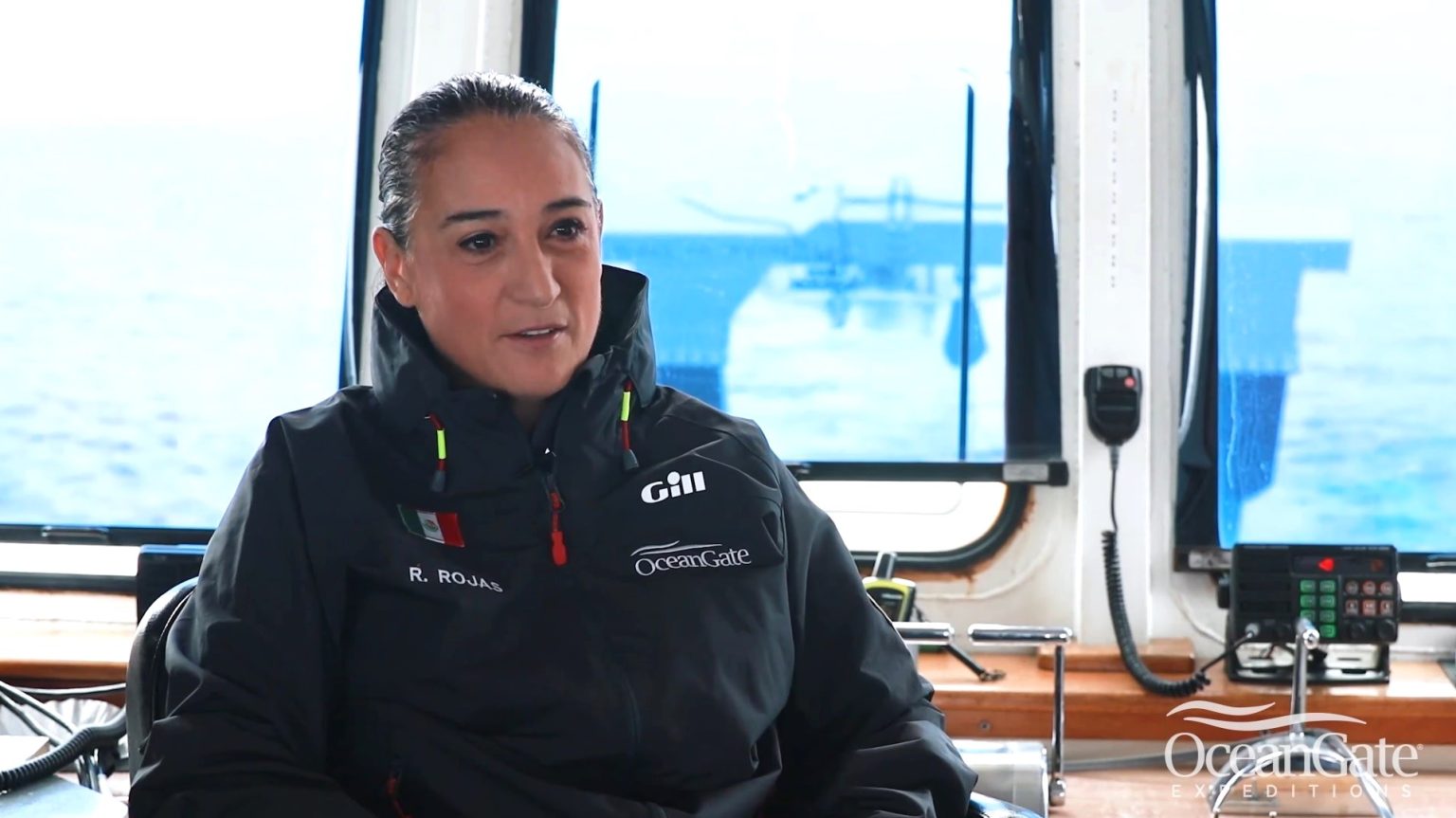Amateur adventurer Renata Rojas shared her concerns at a Coast Guard hearing regarding the regulatory response to the loss of OceanGate’s Titan submersible and its crew. She emphasized the importance of understanding the risks involved in exploration and expressed hope for continued innovation in making the oceans accessible to citizen scientists like herself. Rojas, a Mexican-born banker based in New York, fulfilled her dream of seeing the Titanic up close through OceanGate’s expeditions, despite the hefty price tag and the inherent risks involved in such endeavors. She emphasized that these expeditions were never marketed as leisurely experiences, but rather as challenging and unpredictable adventures that required adaptability in the face of unexpected obstacles.
Rojas recounted her experiences assisting the crew on the support ship for Titan’s final dive, where she observed the excitement and anticipation among the five crew members, including OceanGate’s CEO Stockton Rush and veteran Titanic explorer P.H. Nargeolet. The expedition seemed to be going smoothly until contact with the sub was lost, leading to a frantic search effort by the support team. Ultimately, the sub was found to have imploded, resulting in the tragic loss of the crew. The aftermath of this incident is expected to lead to stricter regulations for submersible trips, both at the federal and international level.
During the Coast Guard hearings, Rojas disputed claims made by a whistleblower regarding a past expedition, emphasizing that there was no recklessness or heated arguments during the Andrea Doria dive in 2016. Steven Ross, OceanGate’s former chief scientist, admitted to being involved in a rough dive preceding the fatal trip and acknowledged the multiple agendas at play in the company’s expeditions. Despite setbacks, including a malfunction that left the sub slanted at a 45-degree angle, Ross and his fellow passengers escaped unhurt. He highlighted the primary mission of Titan’s trips as being to visit and view the Titanic shipwreck, with data collected during the dives still being developed into a research paper.
Rojas underscored the necessity of privately funded deep-sea exploration in the face of underfunded oceanic research, stressing the essential role played by private citizens in funding such expeditions. As the hearings continued, more testimonies were heard from individuals involved in OceanGate’s operations, shedding light on the circumstances leading up to the tragic loss of the crew and the need for improved safety measures in submersible trips. The hearings will further explore the events surrounding the fatal dive and potential recommendations to prevent similar tragedies in the future. Despite the risks and challenges inherent in deep-sea exploration, Rojas remains hopeful that innovation and access to the oceans will continue to be prioritized for aspiring citizen scientists like herself.


